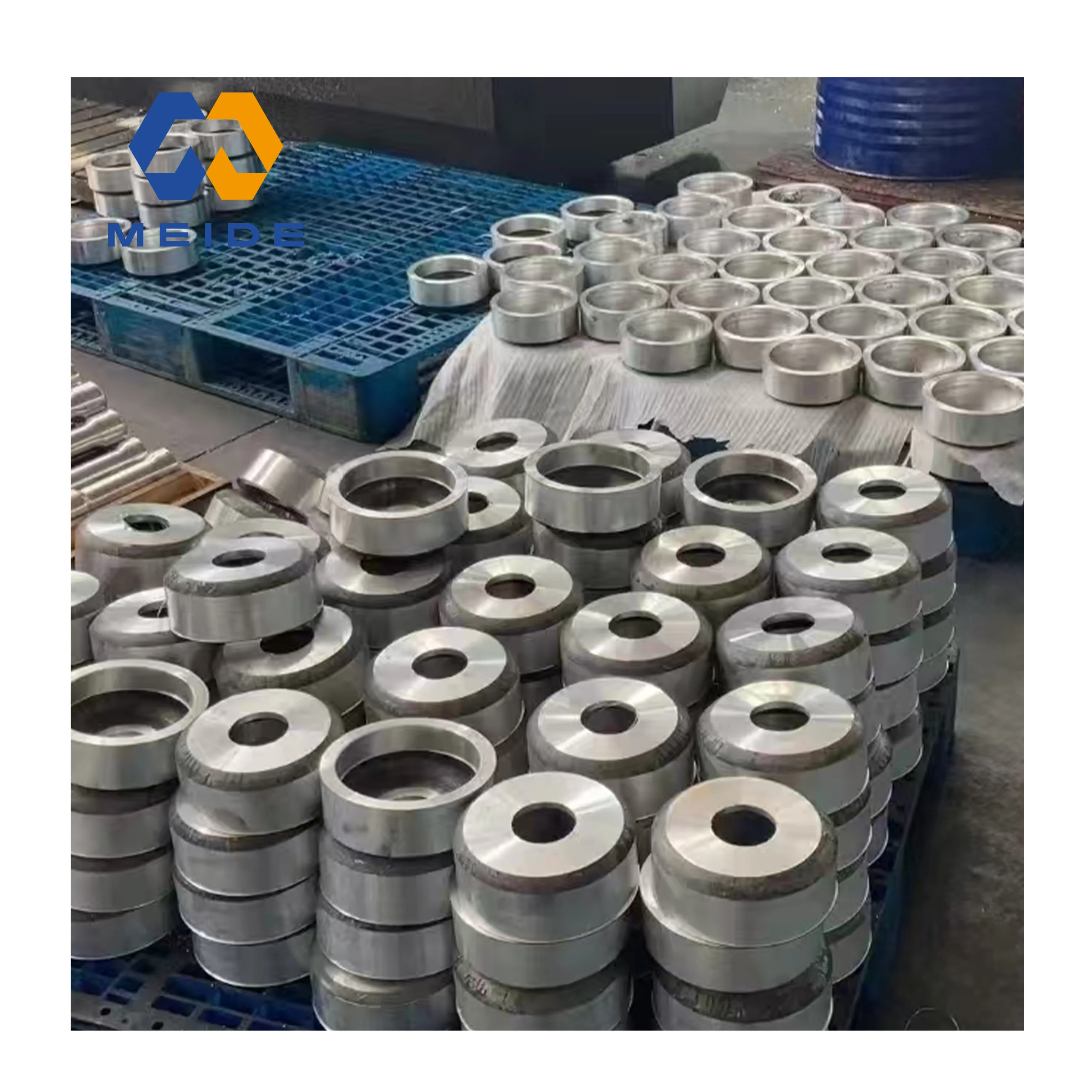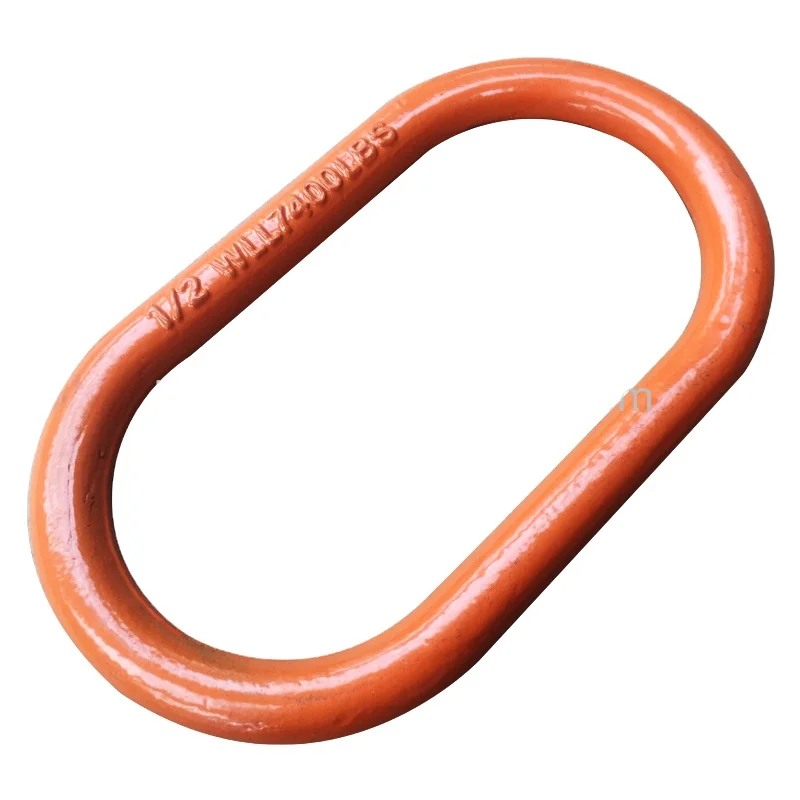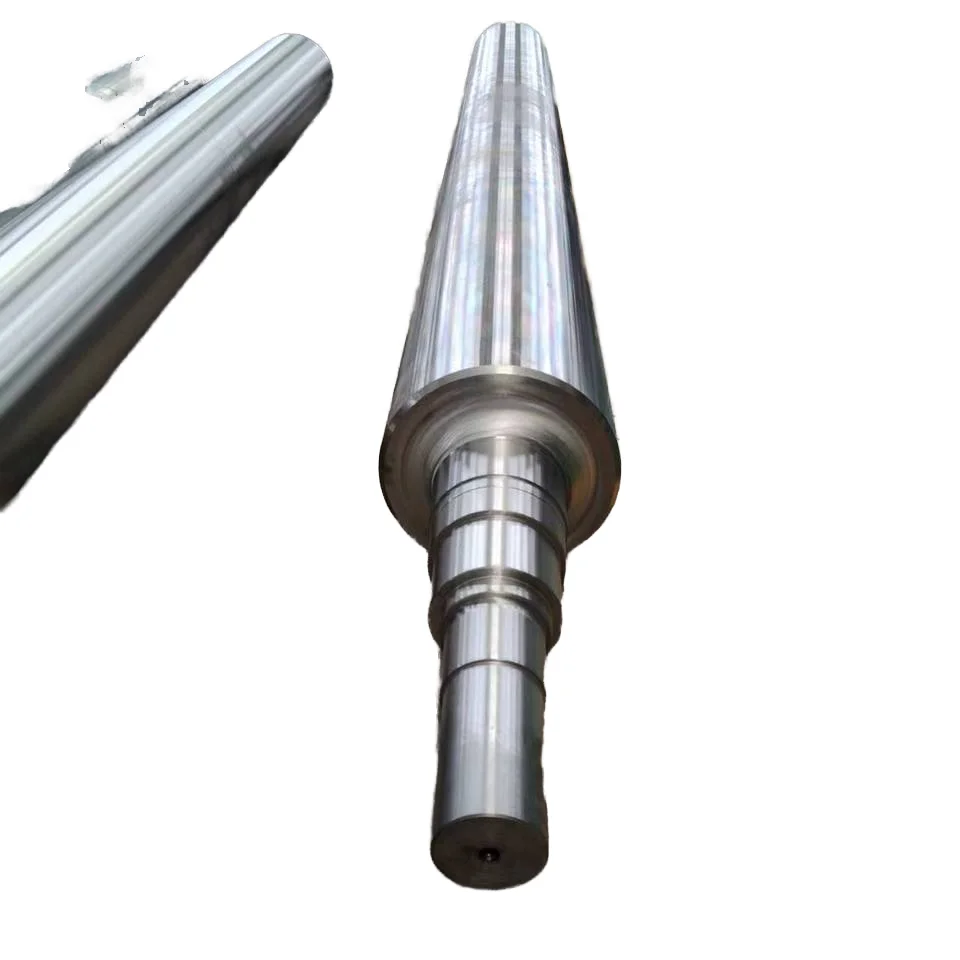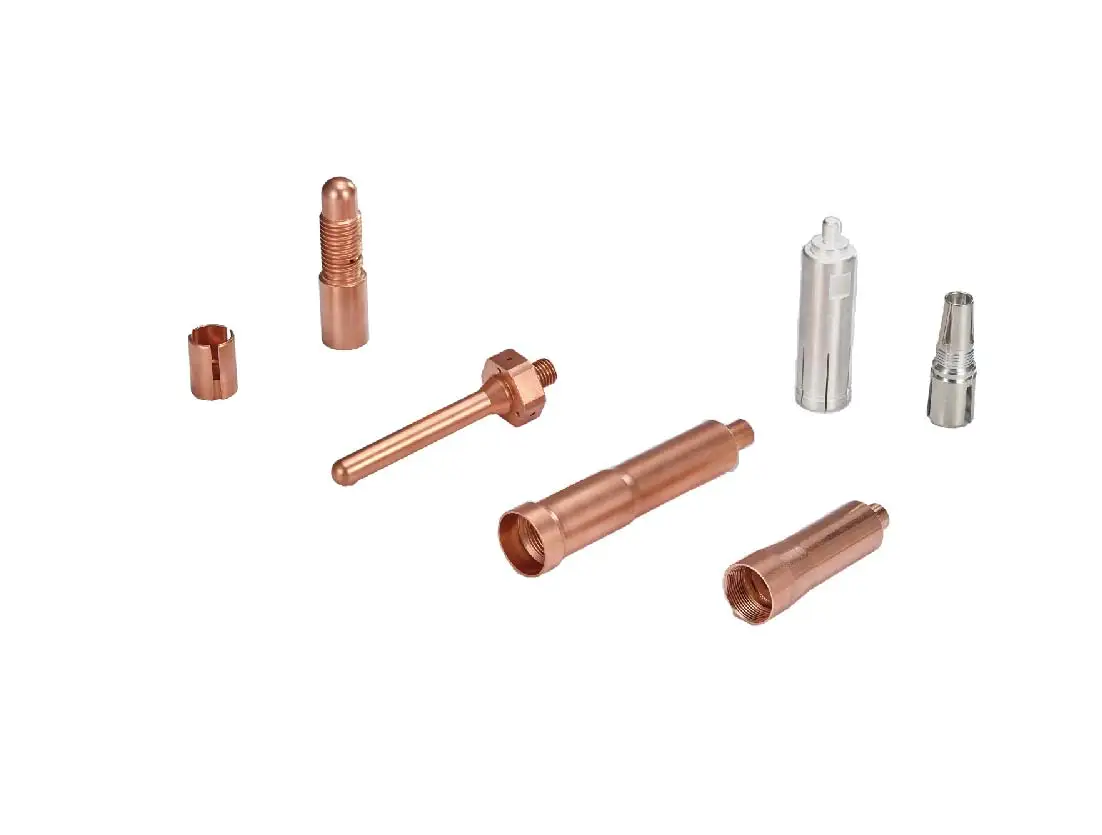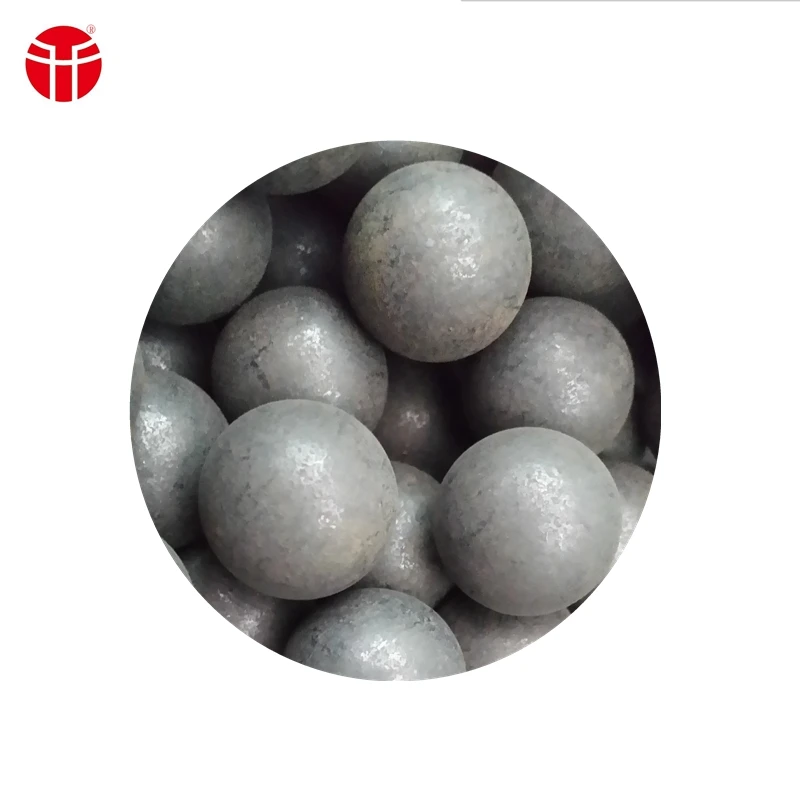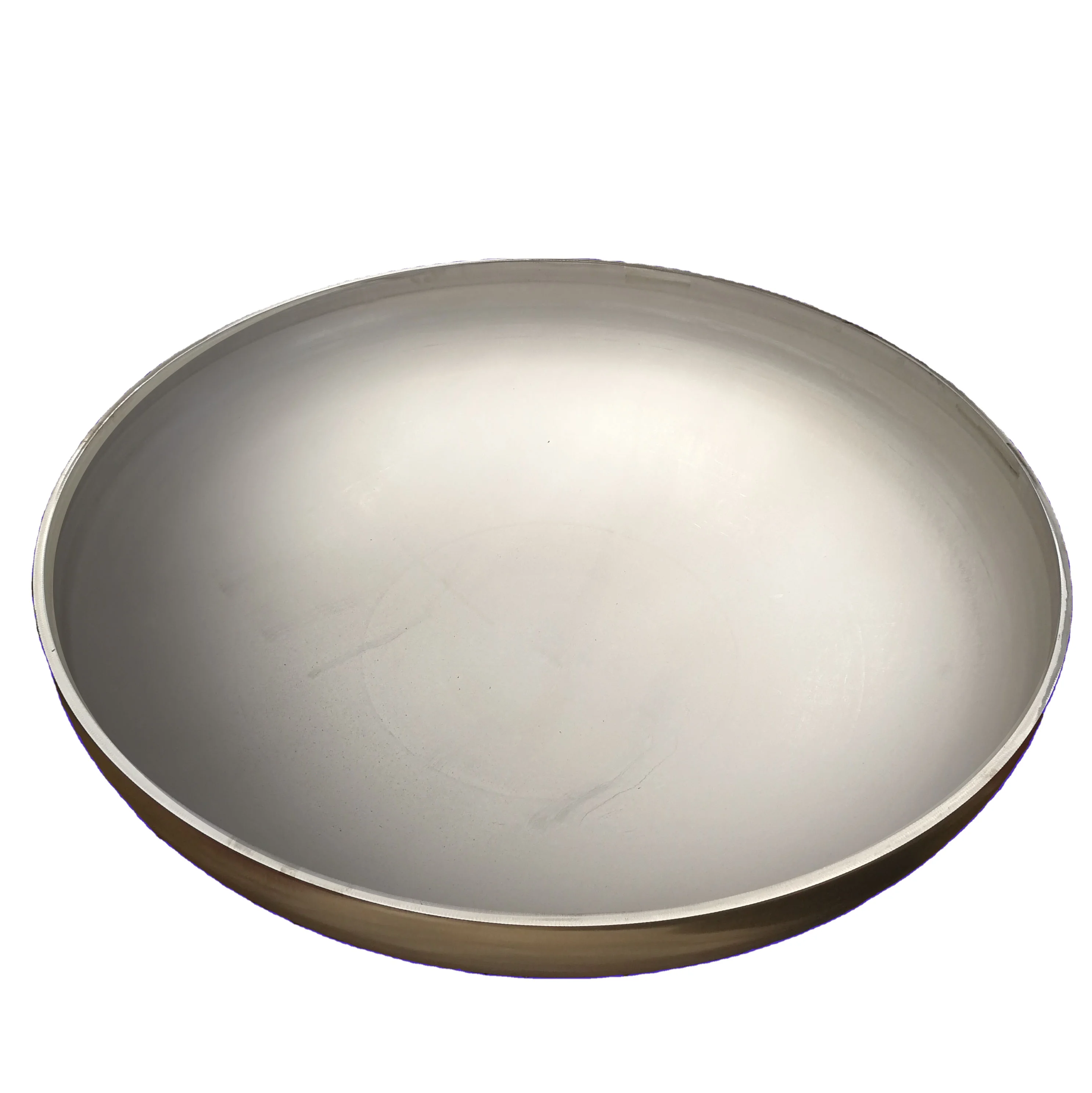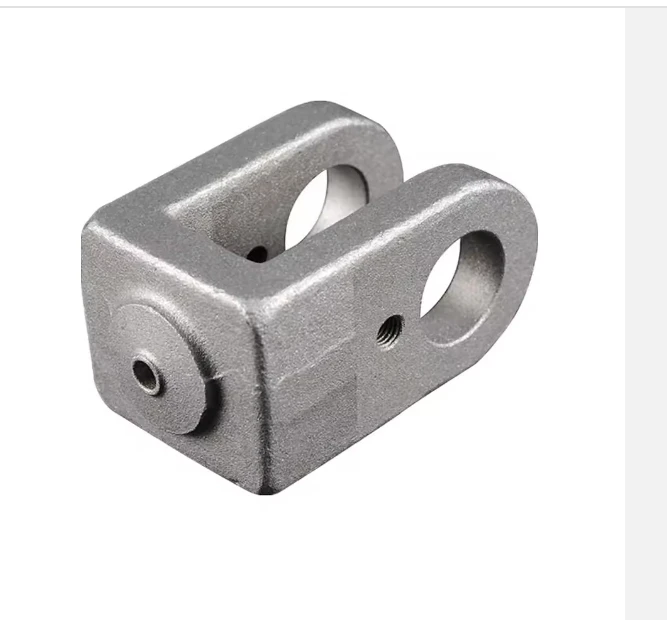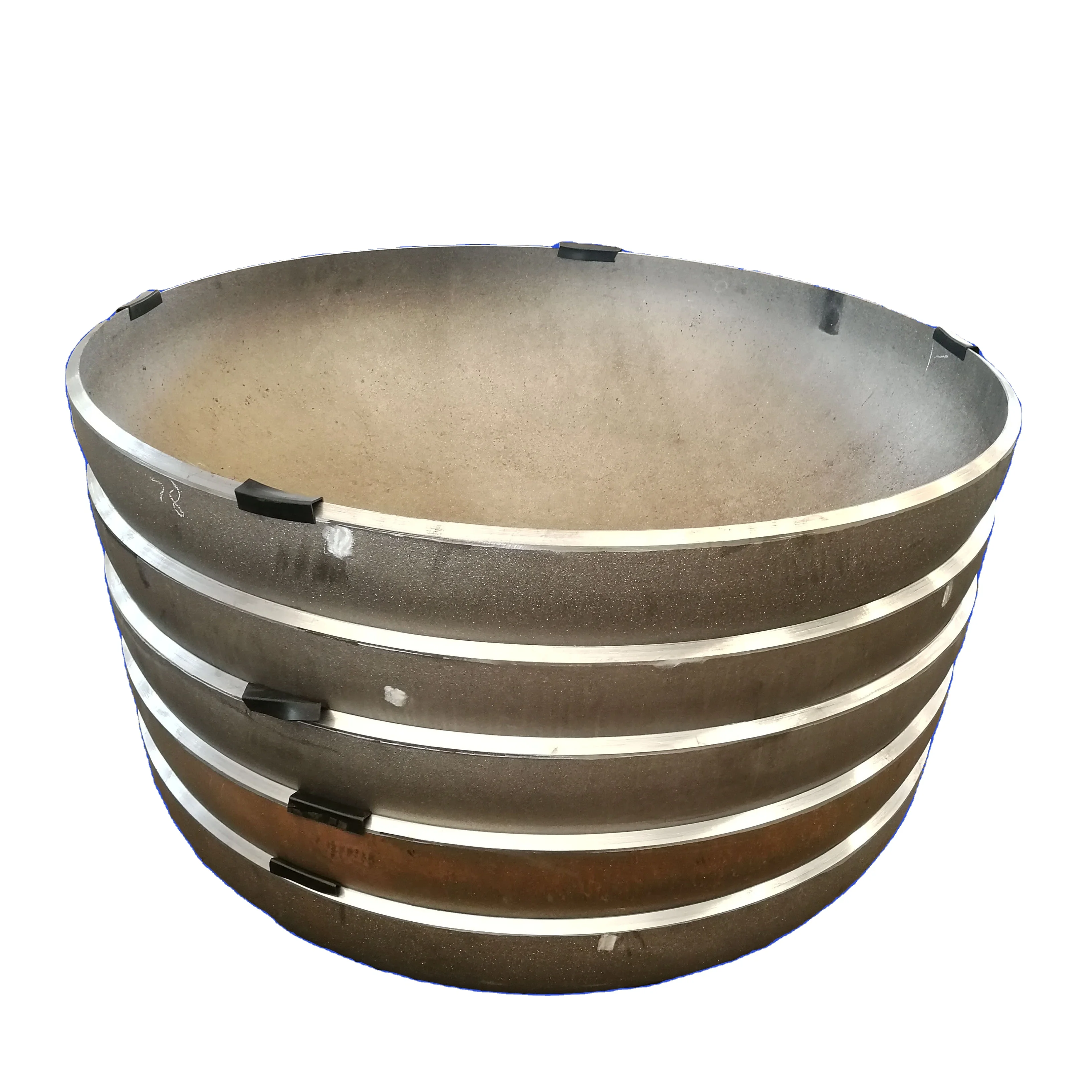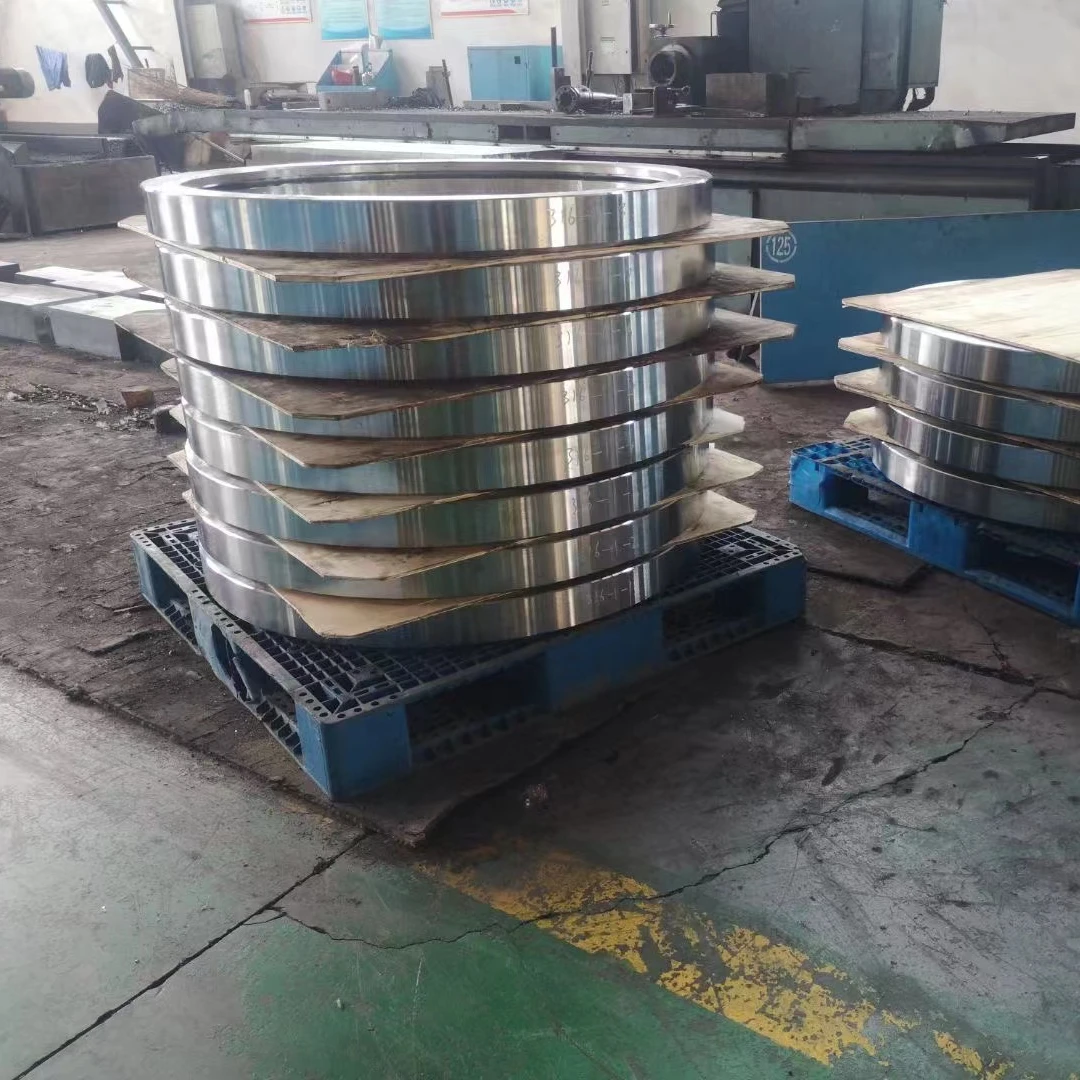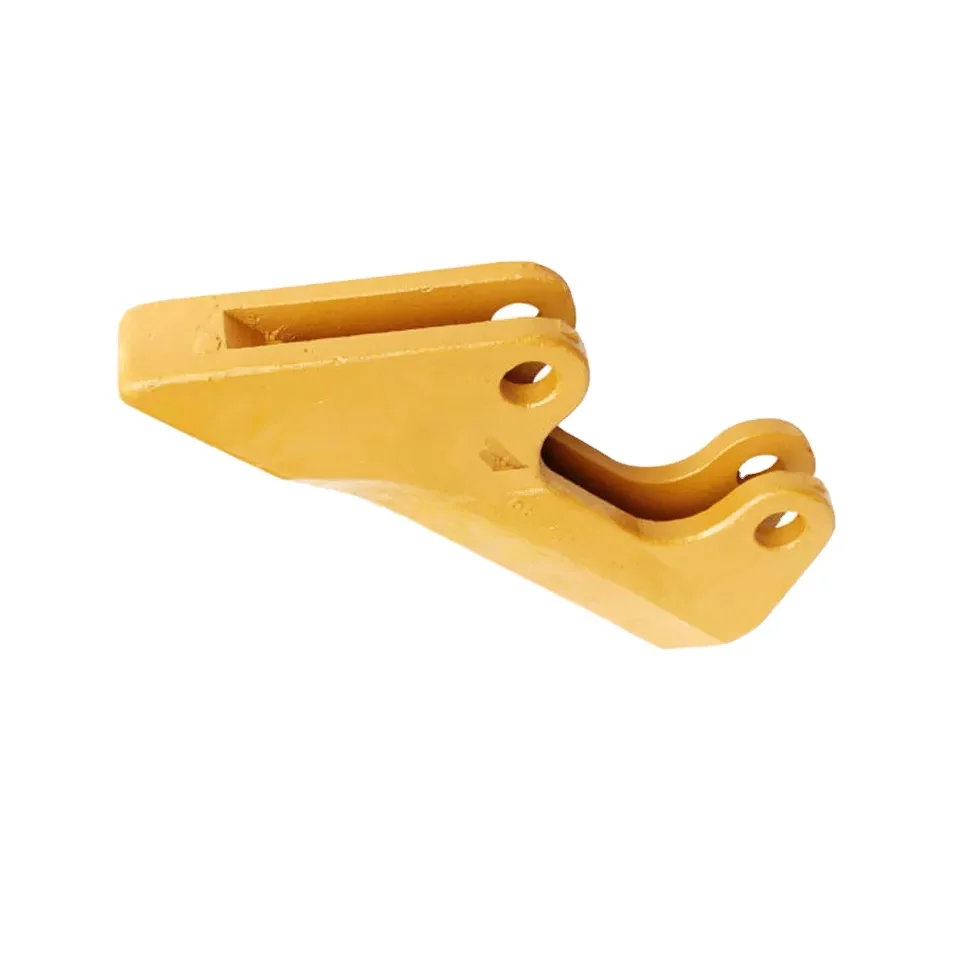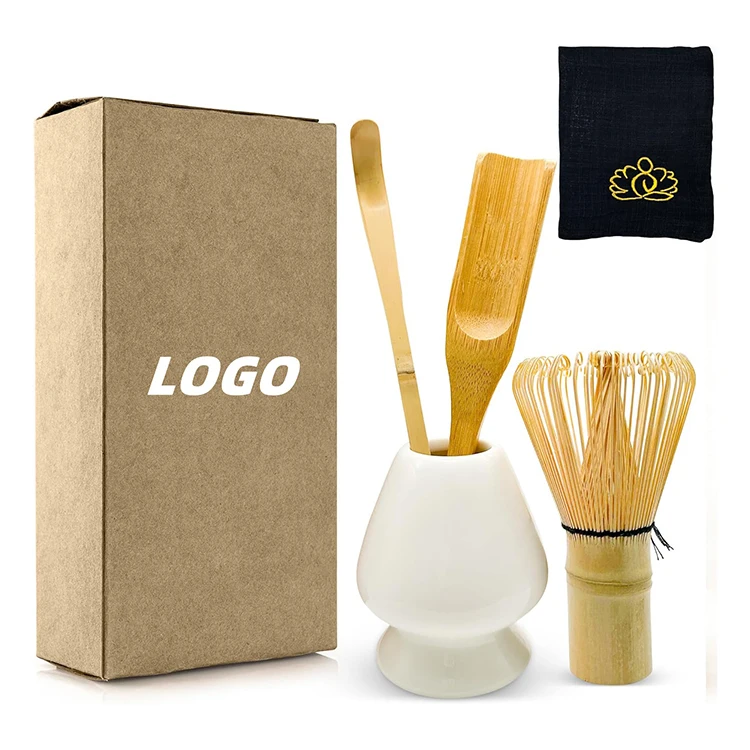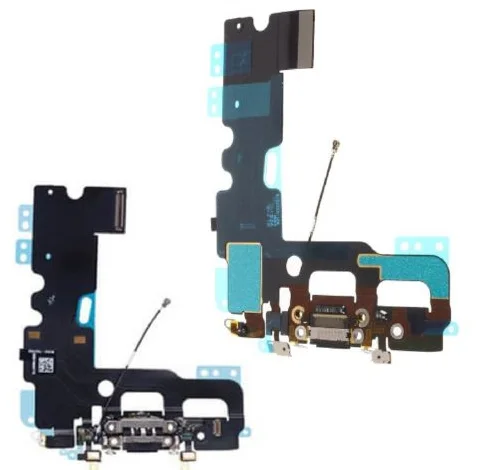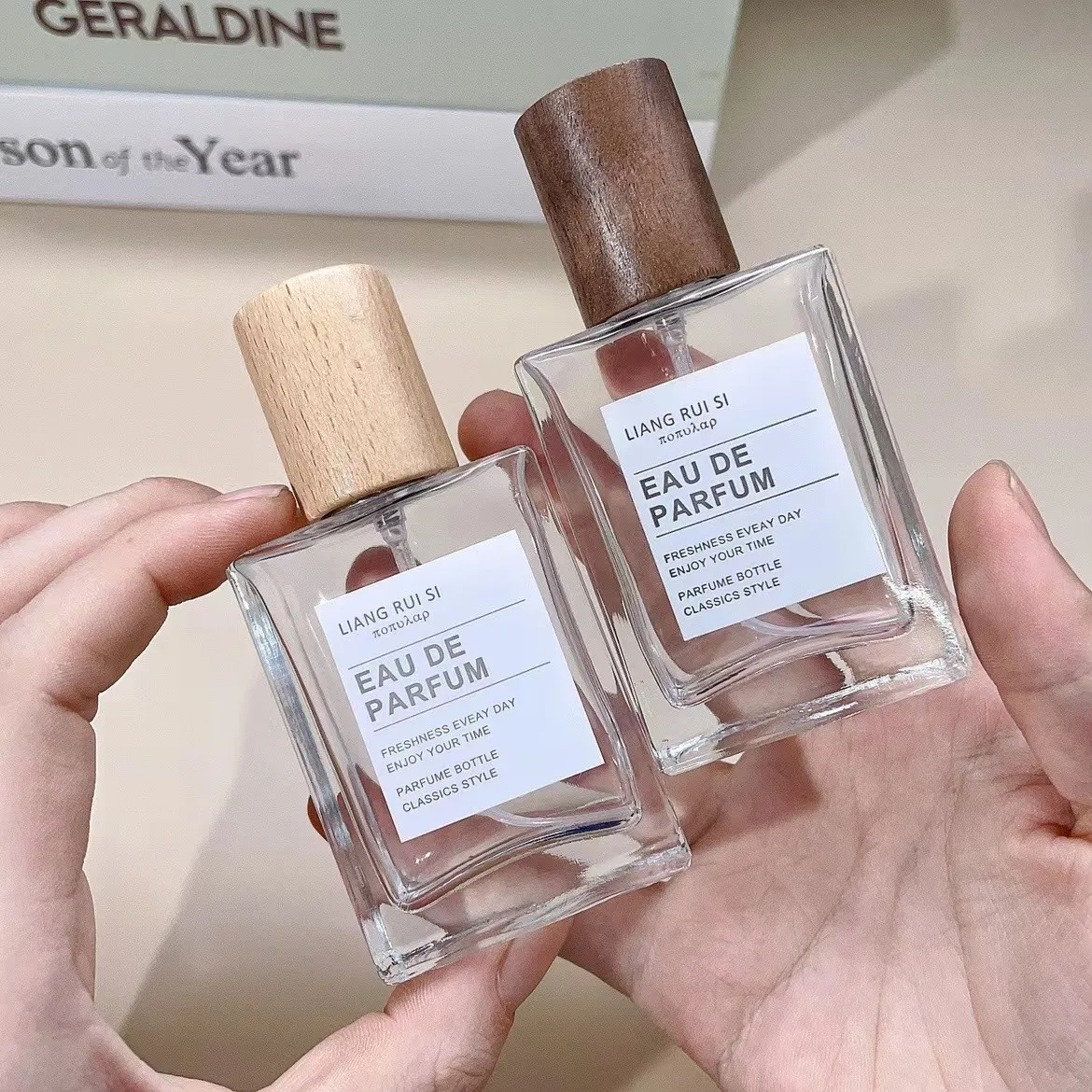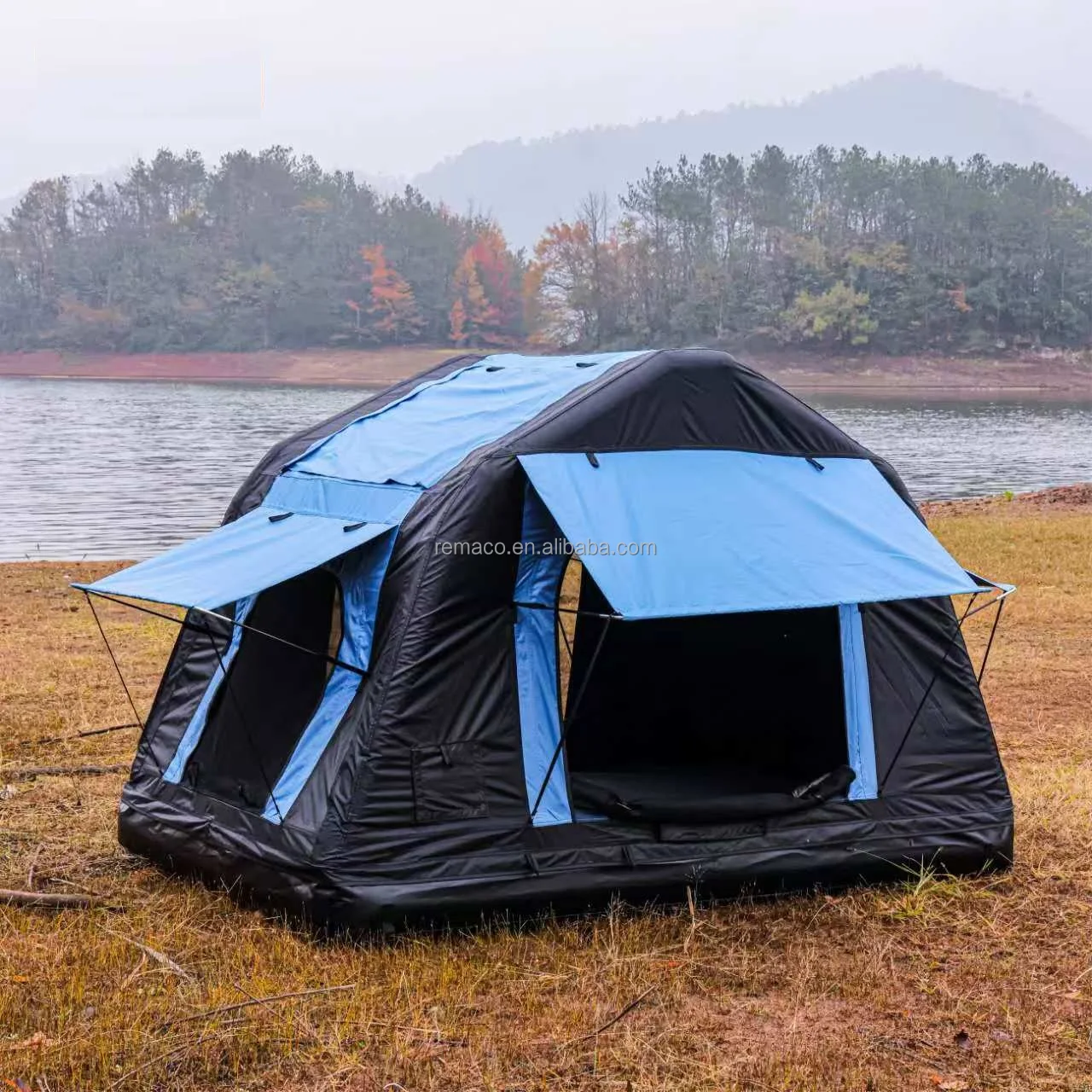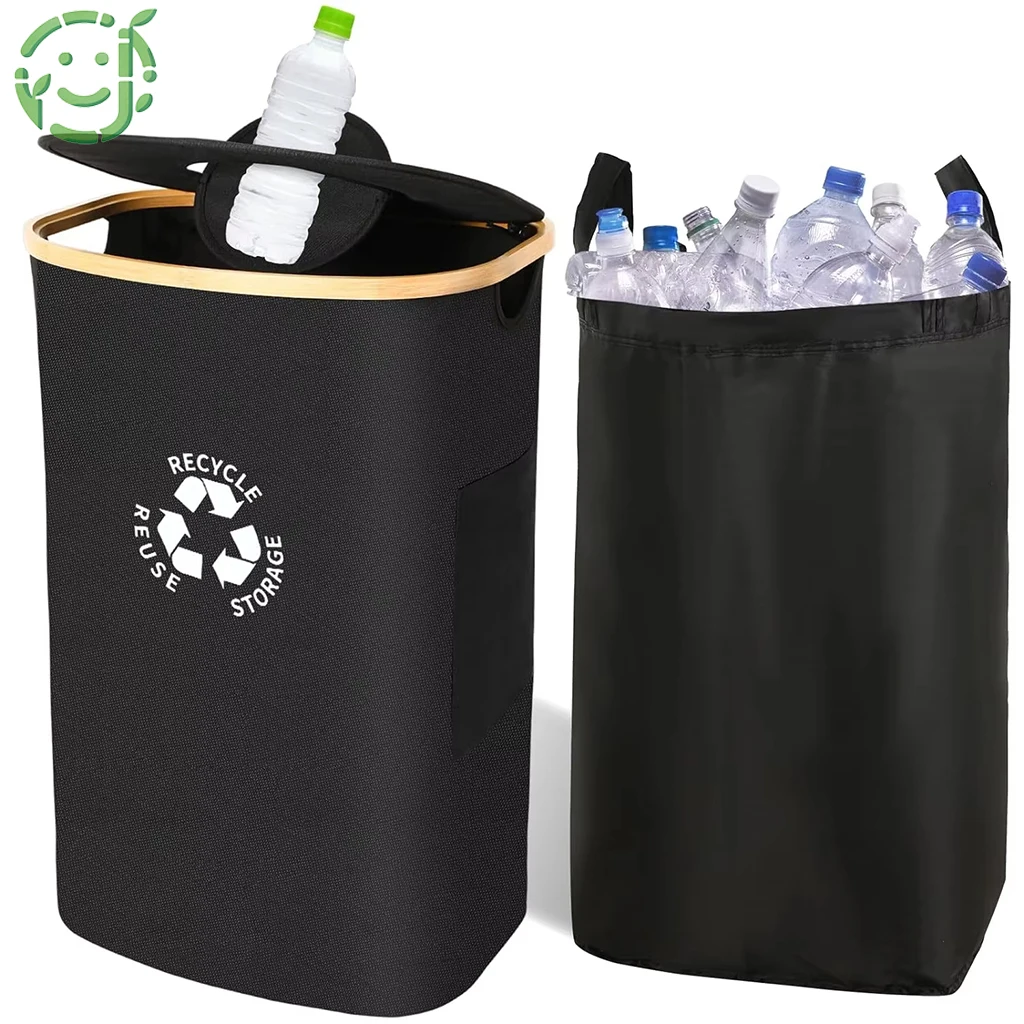Large Forgings Inconel N06625 High Temperature Forging Hot Rolling Diameter Steel Forge Quality Ring
- Category: >>>
- Supplier: Shandong Meide Import And Export Co. Ltd.Shandong Ltd.
Share on (1601350245718):
Product Overview
Description

Product specification
Name | Forging Ring |
Molding Technics | Hot Forging |
Size | M1-M36,or non-standard as request&design,Customized Size |
Largest OD | 2500mm |
Largest Weight | 15000kg |
Thread Type | Fine Thread Or Coarse Thread or Hi-Lo Thread |
Finish | Plain, black, zinc plated/according to your requirement |
Standard | ISO,GB,DIN,JIS,ANSI/ASME,BSW,Non-standard. or base on the Drawings or Samples |
Tolerance | 0.01-0.05mm can also be customized |
Machining | Rough machining or Finish Machining |
Design 3D Mould Drawing | • Our Engineer will design 3D mould drawing for your confirmation. • Design Software: Pro-E, Iges, UG, CAD etc • Mould Base Material: LKM, HASKCO, LOCAL, DME etc • Mould Core Material: 718H, S136H, NAK80, P20 ect • Mould Cavity: Single & Multi Cavity •Runner: Cold or Hot Runner • Gate: Pinpoint Gate or Edge Gate • Finish: Polish or Semi-matt |
Connection | Raised Face, Flat Face, Ring Type Joint, Lap-Joint Face, Large Male-Female, Small Male-Female, Large Tongue, Groove, Small-Tongue, Groove, etc |
Package | 1.>Standard export packaging (Plywood Case Of Outside,Plastic Cloth Of Inside). 2:As Customers' Requirements |
Certificate | TUV,ISO9001:2015; |
Gear/Transmission, Metallurgy Field, Oil&Gas Field, Ship-building, Wind Energy, Chemistry/PRV&Pipe, Mining, Sugar Plant Machinery, Construction, Power Generation/Motors, Others |
Material | ||||||||
1010,20,35#,45#,16Mn,S355J2,SA350,A105,A266 etc. | ||||||||
Alloy steel | 15CrMo,14Cr1Mo,20SiMn,18CrNiMo7-6,42CrMo4,34CrNiMo6,30CrNiMo8,4140,4340,F22 etc. | |||||||
Mold steel | H11,H13 | |||||||
Heat-resistant steel | 1Cr13,2Cr13,F91,F92,X21CrMoV121,F6NM etc. | |||||||
stainless steel | 304,321,316L,316LN,347, 310,F51,F44,F55,F53,F60,15-5PH,17-4PH,1Cr17Ni2 etc. | |||||||
Nickel-based alloys | 8810,8825,8120,GH4625,GH4169,GH4133、C276 etc. | |||||||
Chinalloy | TC4、TC6、TC11 etc. | |||||||

Classification by material
Common forged rings include titanium alloy forged rings, stainless steel forged rings, carbon steel forged rings, zirconium alloy forged rings, nickel-based alloy forged rings, etc. Forged rings of different materials have different performance characteristics and are suitable for different working environments and application fields.For example, titanium alloy forged rings have the characteristics of light weight, high strength, good corrosion resistance, etc., and are widely used in aerospace, chemical, medical and other fields.

According to the forging process
It can be divided into free forging rings, model forging rings, die forging rings and special forging rings. In the process of forging, the metal blank is subjected to impact or pressure between the upper and lower anvils to produce plastic deformation. Its advantages are great process flexibility and can forge forgings of various shapes and sizes, but the production efficiency is low and the processing accuracy is relatively poor; model forging rings are forged by placing the metal blank into a pre-made mold, which has high production efficiency and high forging dimensional accuracy, but the mold cost is high and is suitable for mass production.
Product application
Aerospace field
Such as annular parts of aircraft engines, structural parts of aerospace vehicles, etc., which have strict requirements on the high strength, low density, high temperature resistance, fatigue resistance and other properties of materials. Forged rings made of titanium alloy, nickel-based alloy and other materials are often used in this field.
Shipping industry
Crankshafts, connecting rods, rudder stocks, rudder posts and other annular forgings of marine engines, as well as shaft system components of ship propellers, are mostly made of forged rings made of carbon steel, stainless steel and other materials to meet the corrosion resistance and reliability requirements of ships in marine environments.
Weapon industry
The barrel, muzzle brake, breech block in tanks, the barrel and bayonet in infantry weapons, etc. all require high-strength and high-toughness forging rings to ensure the performance and reliability of the weapons.
Petrochemical industry
Spherical tank manholes, flanges, heat exchanger tube sheets, butt-welded flanges, catalytic cracking reactor cylinders, hydrogenation reactor cylinders, etc. in petrochemical equipment often use forged rings made of stainless steel, carbon steel, etc. to withstand high temperature, high pressure, corrosion and other harsh working conditions.
Mining machinery industry
In the wheel sets of rail transit vehicles such as trains and subways, the hub part can adopt forged rings. The hub made of forged rings can withstand the huge load during vehicle operation and ensure the reliability and safety of the wheel set. In the transmission system of vehicles, some annular parts such as gearboxes also use forged rings to transmit power and ensure the normal operation of vehicles.
Power industry
Carbon steel forged rings are mostly used for gear blanks, sleeves, flanges and other annular parts in mining equipment, hoisting equipment, crushing equipment, grinding equipment, etc. to meet the use requirements of mining machinery under heavy load, impact and other working conditions.
Machinery manufacturing industry
Various mechanical parts, such as couplings, bearing rings, nuts, bolts, etc., also often use forged rings as raw materials. After further processing and treatment, they are made into parts that meet different mechanical performance requirements.

Product Display

Company Profile
Shandong Meide Import and Export Co., LTD was established in 1997. Located in Liaocheng City, Shandong Province, the largest steel logistics center in North China, focusing on the production and sales of copper, aluminum, stainless steel, special steel, mould steel, alloy steel, steel processing machinery and equipment. Our products are mainly extended to five series of plate, strip, tube, bar and profile. We have passed ISO9001:2000 quality system certification, SGS, ROSH, TUV and REACH certification. Has cold rolling, hot rolling and other production lines. Such as heat treatment chemical analysis, metal halide testing, physical testing, nondestructive testing and other testing equipment and testing technology, imported physical and chemical testing equipment full spectrum direct reading spectrometer, can quickly and accurately chemical analysis of all kinds of metal materials. According to American ASTM standard, Japanese JIS standard, German DIN standard, British BS standard and other standards production. At the same time, we can customize and develop new products according to the actual application of customers, and provide products for different cost and performance requirements. The company cooperates with more than 20 well-known steel mills in China, and has established modern large outdoor warehouse and indoor warehouse, with 20,000 tons of goods in stock. The customer base covers all provinces and cities in China, and has more than 100 long-term stable cooperative customers. We warmly welcome and look forward tocooperating with you!

Production Process
Sliding line blanking
Cut the steel ingots into reasonable sizes and weights according to product requirements
Heating
Heating: Heating equipment mainly includes single-chamber furnace, pusher furnace and table annealing furnace, etc., and natural gas is usually used as fuel. The heating temperature of steel ingots is generally 1150℃~1240℃. The heating time of cold steel ingots is about 1~5 hours, and the heating time of hot steel ingots is half of the heating time of cold steel ingots.
Forging:
The steel ingot heated to about 1150℃~1240℃ is taken out from the heating furnace and then put into the air hammer or electro-hydraulic hammer by the operator. The corresponding roughening and drawing processes are carried out according to the size of the steel ingot and the forging ratio requirements. At the same time, the forging size is monitored in real time and the forging temperature is controlled by an infrared thermometer.
Cut the steel ingots into reasonable sizes and weights according to product requirements
Heating
Heating: Heating equipment mainly includes single-chamber furnace, pusher furnace and table annealing furnace, etc., and natural gas is usually used as fuel. The heating temperature of steel ingots is generally 1150℃~1240℃. The heating time of cold steel ingots is about 1~5 hours, and the heating time of hot steel ingots is half of the heating time of cold steel ingots.
Forging:
The steel ingot heated to about 1150℃~1240℃ is taken out from the heating furnace and then put into the air hammer or electro-hydraulic hammer by the operator. The corresponding roughening and drawing processes are carried out according to the size of the steel ingot and the forging ratio requirements. At the same time, the forging size is monitored in real time and the forging temperature is controlled by an infrared thermometer.
Cool down
There are three ways to control the cooling rate: air cooling (suitable for low carbon steel, etc.), pit cooling (suitable for medium carbon steel, etc.), and furnace cooling (used for cooling sensitive materials such as alloy steel), which are distinguished by cooling speed to prevent defects.
Inspection
Conduct preliminary inspection on forging blanks, mainly checking appearance and size. In terms of appearance, mainly check whether there are defects such as cracks. In terms of size, the blank allowance must be within the requirements of the drawing and records must be kept.
Heat treatment
The forging is heated to a predetermined temperature, kept at that temperature for a certain period of time, and then cooled at a predetermined rate to improve the internal structure and performance of the forging. The purpose is to eliminate internal stress, prevent deformation during machining, and adjust the hardness to make the forging easier to cut.
There are three ways to control the cooling rate: air cooling (suitable for low carbon steel, etc.), pit cooling (suitable for medium carbon steel, etc.), and furnace cooling (used for cooling sensitive materials such as alloy steel), which are distinguished by cooling speed to prevent defects.
Inspection
Conduct preliminary inspection on forging blanks, mainly checking appearance and size. In terms of appearance, mainly check whether there are defects such as cracks. In terms of size, the blank allowance must be within the requirements of the drawing and records must be kept.
Heat treatment
The forging is heated to a predetermined temperature, kept at that temperature for a certain period of time, and then cooled at a predetermined rate to improve the internal structure and performance of the forging. The purpose is to eliminate internal stress, prevent deformation during machining, and adjust the hardness to make the forging easier to cut.
Rough processing
After the forgings are basically formed, they are processed into forgings of various specifications according to product requirements.
Ultrasonic flaw detection
Ultrasonic flaw detection
After the forgings are cooled, the temperature drops to about 20℃ for ultrasonic flaw detection to meet national standards Ⅰ, Ⅱ, Ⅲ and surface defect inspection.
Mechanical property test
Mechanical property test
In order to meet customer needs, forgings must be tested for mechanical properties, mainly including yield, tensile, impact and other tests.
Final inspection
Final inspection
Final inspection of finished forgings to ensure that the appearance of the forgings is smooth and free of defects such as cracks, and the size is within the requirements of the drawings and records are kept.
Warehousing
Warehousing
After quality inspection, the finished forgings are simply packaged and put into the finished product warehouse for shipment.

Certification

Packaging and Transportation
FAQ
1.What do I need for offering a quote ?
Please offer us 2D or 3D drawings (with material, dimension, tolerance, surface treatment and other technical requirement etc.),quantity, application or samples. Then we will quote the best price within 24h.
2.What is your MOQ?
MOQ depends on our client's needs, besides,we welcome trial order before mass-production.
3.What is the production cycle?
It varies a lot depending on product dimension,technical requirements and quantity. We always try to meet customers' requirement by adjusting our workshop schedule.
4.What kind of payment terms do you accept?
T/T, L/C, Escrow, paypal, western union, moneygram etc.
5.Is it possible to know how is myproduct going on without visiting your company?
We will offer a detailed products schedule and send weekly reports with digital pictures and videos which show the machining
progress.
progress.
6.What is your packing?
Our packing is 20-25kg for one carton,36 or 48pcs cartons for one pallet. One pallets is about 900-960kg, We also can make customer’s logo on the cartons. Or we customized cartons according to customers’ requirements.

We Recommend
Forged Wheels 5x120
$10.00-30.00
Forged 20mm-150mm Steel Ball for Ball Mill
$715.00-730.00
Half Sphere Dished End for Fire Pits
$600.00-650.00
New Arrivals
New products from manufacturers at wholesale prices
